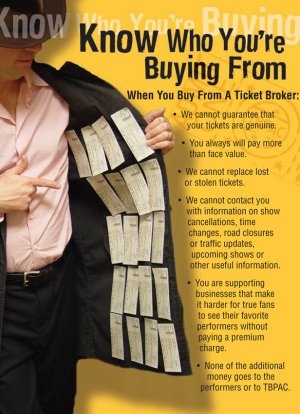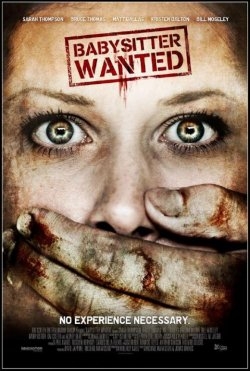 FRESH AIR
FRESH AIR
With the record business decimated by illegal downloading, the live concert represents the ailing music industry’s biggest source of revenue. But as journalist John Seabrook reports in The New Yorker, the live concert business has yet to reconcile two competing sides of its identity. For the world’s leading concert promoter and ticket seller — LiveNation and Ticketmaster, respectively — a concert is a moneymaking venture. For diehard fans of top-grossing touring artists like Bruce Springsteen and U2, it’s a unique experience of “instant cousinship” with other fans (as one pioneering promoter puts it).
Meanwhile, Internet scalping on sites like TicketNow and StubHub has drastically changed the the economics of concert-going, pushing the market prices of tickets much higher than artists and managers sometimes set them. The live music industry has grown over the past 40 years from a predominantly local business run by individual regional promoters to one almost entirely dominated by LiveNation and Ticketmaster. In early 2009, the Wall Street Journal reported that the two companies were preparing to merge, a move that would have consolidated the whole business under the roof of one corporate monolith.
Around the same time, controversy erupted, reaching as high as the U.S. Senate, when tens of thousands of Springsteen fans who logged on to Ticketmaster in February to purchase tickets for a May arena concert were diverted to the scalping site TicketsNow — which Ticketmaster owns. Ticketmaster blamed the episode on a software glitch, but the fact that the ticket-seller stood to gain from the higher prices on offer at TicketsNow was not lost on the thousands of Springsteen fans who complained to the New Jersey Division of Consumer Affairs. The scandal underlined the problems facing the live  music industry and the difficulty of finding a solution.
music industry and the difficulty of finding a solution.
John Seabrook joins Fresh Air to talk about some of the possibilities. Seabrook has been a staff writer at The New Yorker since 1993. He is the author of Deeper: My Two-Year Odyssey in Cyberspace and Nobrow: The Culture of Marketing, the Marketing of Culture.
RADIO TIMES
Hour 1
What is it that we really want from a new and improved health care system? Is health care a fundamental right, should wealthier Americans help provide coverage for those less fortunate, what are we willing to give up and who should be in control? These are just a few of the questions we’ll put to our guests – ethicists ART CAPLAN from the University of Pennsylvania and ROBERT FIELD from the University of Sciences in Philadelphia.
![]()
Hour 2
Finding a dependable babysitter isn’t easy. But then again, it never was. In her new book, Babysitter: An American History, MIRIAM FORMAN-BRUNELL explores the popular depiction of teen-age babysitters – and why that image instills fears in parents everywhere.
 WORLD CAFE
WORLD CAFE
After the 1994 demise of Uncle Tupelo, the band’s two leaders went their separate ways. Jay Farrar struck out on his own with Son Volt, while Jeff Tweedy took the rest of Uncle Tupelo with him to form Wilco. While the latter group’s first album, 1995’s A.M., remained firmly in the alt-rock vein of Uncle Tupelo, 1996’s lush, sprawling double album Being There earned Wilco much-deserved critical praise and established Tweedy as a terrific pop songwriter. Wilco’s third album, Summerteeth, followed three years later; while it was enormously well-reviewed, mediocre sales sparked tension with the band’s label that would culminate in Wilco moving to Nonesuch for the release of what many regard as its masterpiece: 2002’s Yankee Hotel Foxtrot. The 2004 follow-up, A Ghost Is Born, won two Grammy Awards, while 2007’s Sky Blue Sky found Wilco returning to its alt-country roots while altering its lineup. The new Wilco (The Album) follows a similar path, to even sharper effect. In this World Cafe appearance, the band discusses the new record, while similarly beloved singer-songwriter Feist joins in to discuss and perform “You and I,” her duet with Jeff Tweedy.
